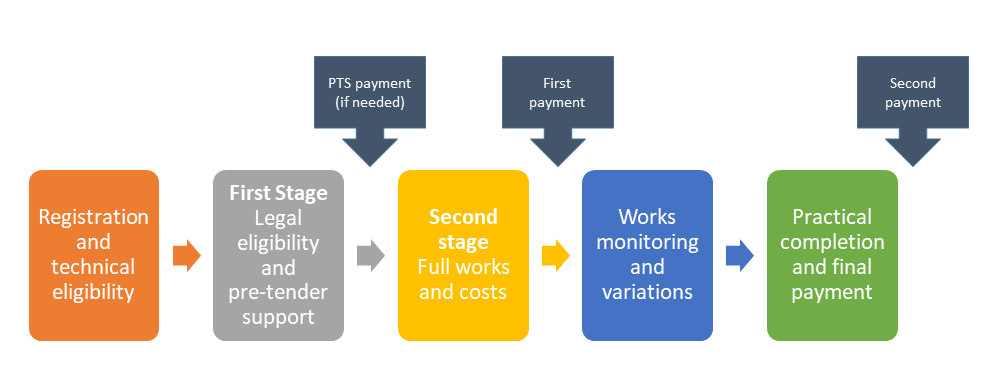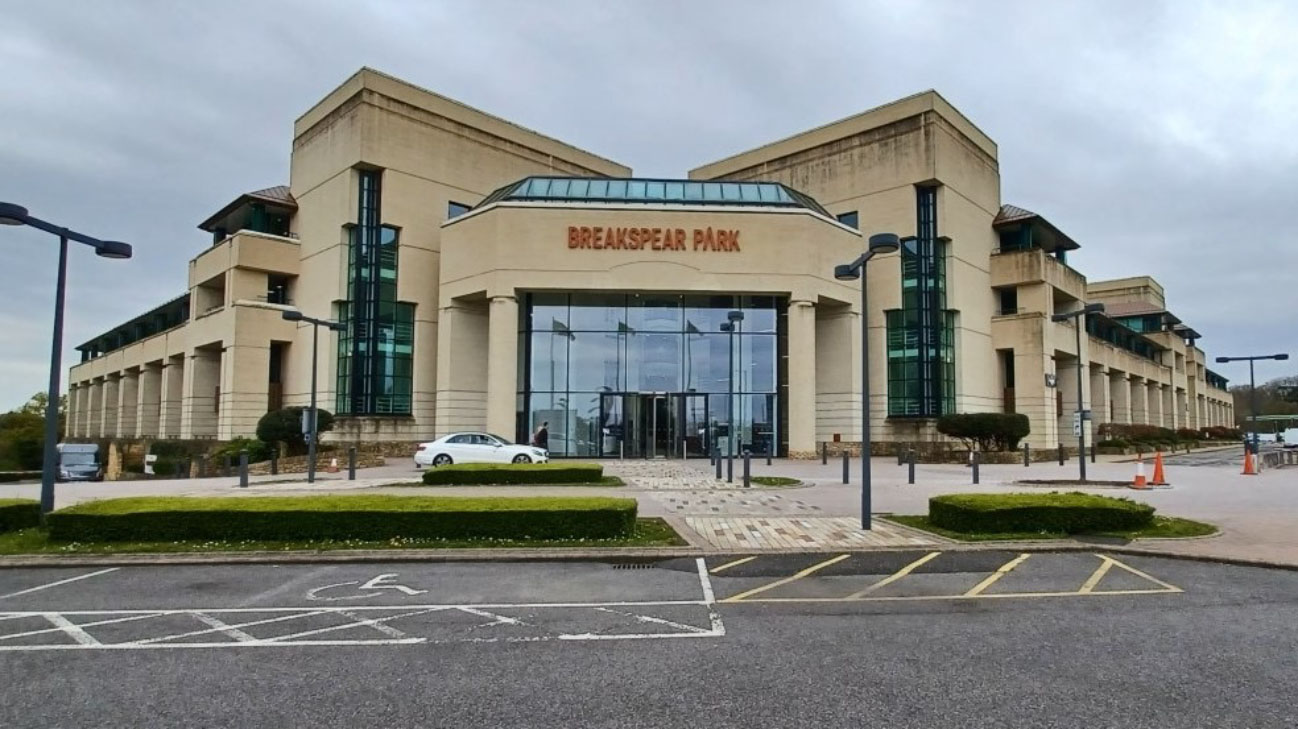Viewpoint: Building Safety Fund — full of good intentions, but …
Residential & Student | Martin Hunt | 17 November 2020It’s the call every consultant wants (particularly in these times) — to be told that the circa £2m project is now to progress, after months of largely unpaid assistance and guidance.
“What’s the downside?” I hear you ask. Tendered costs are needed by the 31 December 2020 (its currently the second week of November), according to the requirements of the Building Safety Fund (BSF) for remediation of unsafe non-ACM cladding.
And to make the situation worse, the call I received just a few days ago, is not a clear instruction to proceed, as the client still does not have the funds to pay the fees for consultants to carry out the necessary design and tender process.
The BSF process
Whilst the BSF has a mechanism in place to release 10% of the grant up front to cover this very situation, this is only released after completion of the Legal Eligibility stage of the BSF funding process – the First Stage.
However, it has taken five months, from registering the property on 1st June when the application process opened, until the 4th November, for our client to be notified that they had moved from the Registration and Technical Eligibility Stage to actually being eligible for grant funding.
As the BSF grant funding diagram shows below, the client still can’t actually formally instruct consultants as they have not completed the First Stage, to allow the ‘pre tender support’ (PTS) to be released.

The reality
However, in the real world, our client has an ‘unsafe’ building in terms of the fire resistance of the cladding. Residents can’t sell their flats and have the associated stress and worry that has been rightly reported on the news recently.
Yet still nothing can be done because the BSF is, in this instance, not delivering funds to allow the remediation process to commence, and is maintaining that the (frankly arbitrary) deadlines set back in the Spring, must be adhered to.
It is just not possible to get credible and sensible costs for a fully considered project of this nature within such a hugely restrictive timescale of the 31st December.
And let’s not forget, England is in its second coronavirus lockdown and we have the Christmas construction shutdown, and general uncertainly as to what else may follow in December.
What the numbers reveal
The current statistics from the Ministry of Housing, Communities & Local Government (MHCLG) for the BSF indicates that the above situation is probably not an isolated one, and in fact, may be doing better than many who have applied.
As of 25 September 2020 only 65 applications had progressed for funding, with 73 having been declined (or withdrawn) out of the following numbers:
- 2,784 applications by the July deadline
- 1,709 lacked information to be assessed
- 628 provided some information to be assessed
- 447 provided suitable information to be assessed
The available data on the MHCLG website does not indicate that any properties have actually yet received funding, although as you can see, it’s six weeks out of date.
What needs to happen
Given the seriousness of the problem and huge public interest and pressure, I can’t honestly imagine any applicant getting through the arduous process of the First Stage and then saying “oh jolly good, let’s just wait a few months before we progress matters …”
So given the time it has taken for the BSF to process applications, I would implore the MHCLG to do the right thing and change the timescale rules so that applicants have, I would suggest, six months to complete the Second Stage.
The current deadline has totally missed the point that the fund was set up to ensure that individual owners/residents of flats did not have to find thousands of pounds to remediate unsafe flammable external walls.
It’s a fund of last resort, and therefore by definition the eligible applicants are unlikely to have had funds to instruct consultants to progress necessary further investigations, design and tender without having the BSF advance funding. That is unless the block is fortunate enough to have amongst its residents a suitably experienced façade engineer, fire engineer, cost consultant, project manager, principal designer, architect, structural engineer, energy consultant and main contractor!
So please MHCLG, don’t compound what is already a terrible situation by making a difficult job even more challenging.
That said, as the rules stand, we have no alternative. And with many late nights for my project delivery colleagues, we will do our damnedest to structure the necessary tender documents and tender procurement to fit as-closely-as-possible within these maddening rules and unrealistic deadlines.


